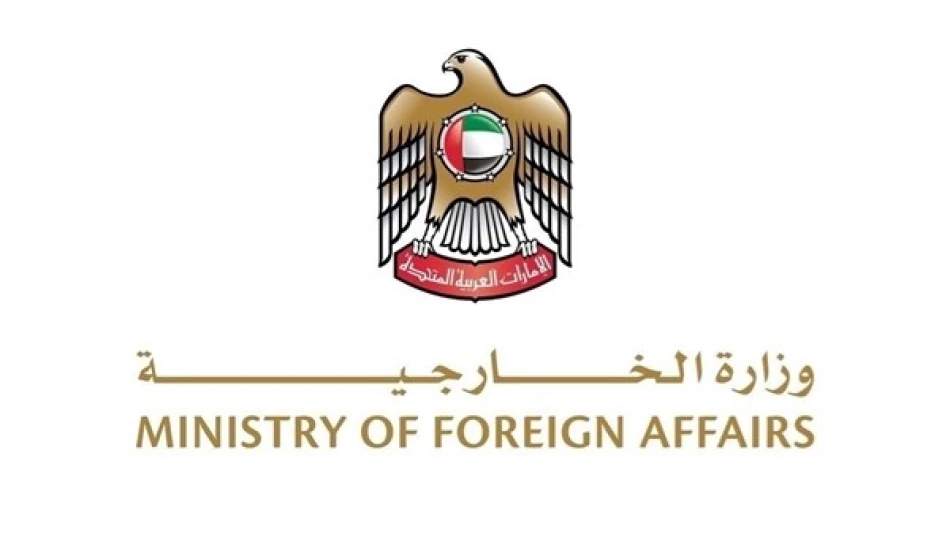
UAE Condemns Israel's Violation of Syrian Sovereignty and Territorial Integrity
UAE Breaks Diplomatic Silence with Sharp Condemnation of Israeli Military Operations in Syria
The United Arab Emirates has issued its strongest diplomatic rebuke against Israel's military escalation in Syrian territory, marking a significant shift in regional positioning as Middle Eastern dynamics continue to evolve. The condemnation signals growing concern among Gulf states about military actions that could destabilize the broader region, despite recent normalization efforts through the Abraham Accords.
Legal Framework Under Scrutiny
The UAE's Foreign Ministry specifically cited violations of the 1974 Syrian-Israeli Disengagement Agreement, a Cold War-era accord that established buffer zones and military limitations following the Yom Kippur War. This reference to international law carries particular weight, as it invokes a framework that has maintained relative stability along the Syrian-Israeli border for nearly five decades.
The agreement, brokered by then-U.S. Secretary of State Henry Kissinger, created a demilitarized zone monitored by UN peacekeepers. By explicitly mentioning this treaty, the UAE is positioning itself as a defender of established international legal frameworks rather than taking a purely political stance.
Regional Realignment Signals
Strategic Calculations Behind the Statement
The timing and tone of the UAE's condemnation reflects broader regional recalibrations. Despite normalizing relations with Israel in 2020, the Emirates appears to be hedging its diplomatic positions as Syria's political landscape shifts following recent changes in Damascus leadership.
This measured criticism allows the UAE to maintain its role as a regional mediator while signaling to Arab populations that normalization agreements don't preclude criticism when sovereignty issues are at stake. Similar balancing acts have been observed from other Abraham Accords signatories when Israeli actions extend beyond Palestinian territories.
Economic and Security Implications
The UAE's position likely reflects concerns about regional stability that could impact its massive infrastructure investments and trade routes. The Emirates has positioned itself as a regional hub for finance, logistics, and energy, making it particularly sensitive to actions that could trigger broader conflicts.
Energy markets and regional trade flows remain vulnerable to escalation, with the UAE's economy increasingly dependent on maintaining stability across multiple regional relationships simultaneously.
International Response Framework
The UAE's call for immediate international intervention represents a calculated diplomatic move. Rather than proposing specific sanctions or consequences, the statement places responsibility on the broader international community, allowing the Emirates to maintain relationships with all parties while pushing for de-escalation.
This approach mirrors successful Emirati diplomatic strategies in other regional conflicts, where Abu Dhabi has positioned itself as a stabilizing force that can engage with multiple sides. The strategy has proven effective in Yemen, Libya, and other regional flashpoints where the UAE maintains complex relationships.
Implications for Regional Order
The condemnation suggests that even normalized Arab-Israeli relationships have limits when fundamental principles of sovereignty and international law are perceived to be at stake. This boundary-setting could influence how other regional powers approach similar situations and may signal the emergence of a more assertive Gulf diplomatic posture.
For Syria's transitional government, the UAE's support provides diplomatic legitimacy at a crucial moment. For Israel, it represents a reminder that regional acceptance requires ongoing calibration of military actions, even from newly normalized partners.
Most Viewed News

 Layla Al Mansoori
Layla Al Mansoori






